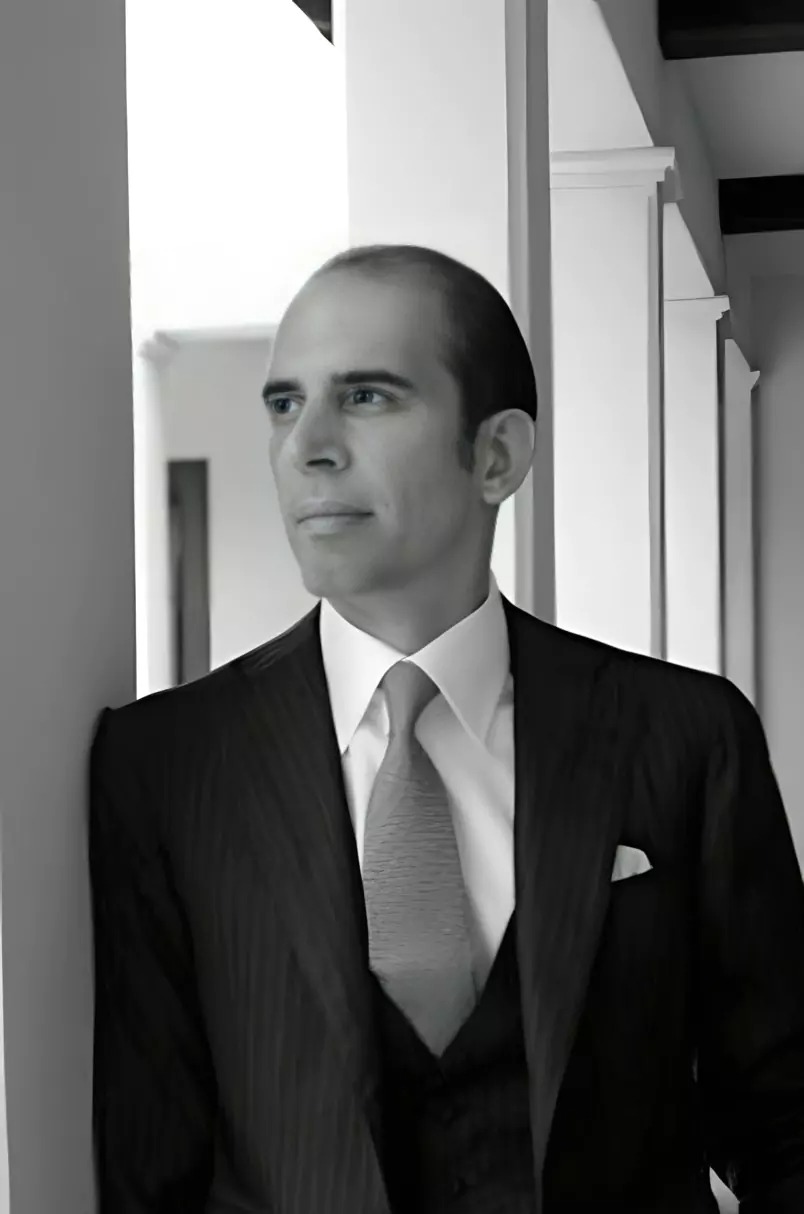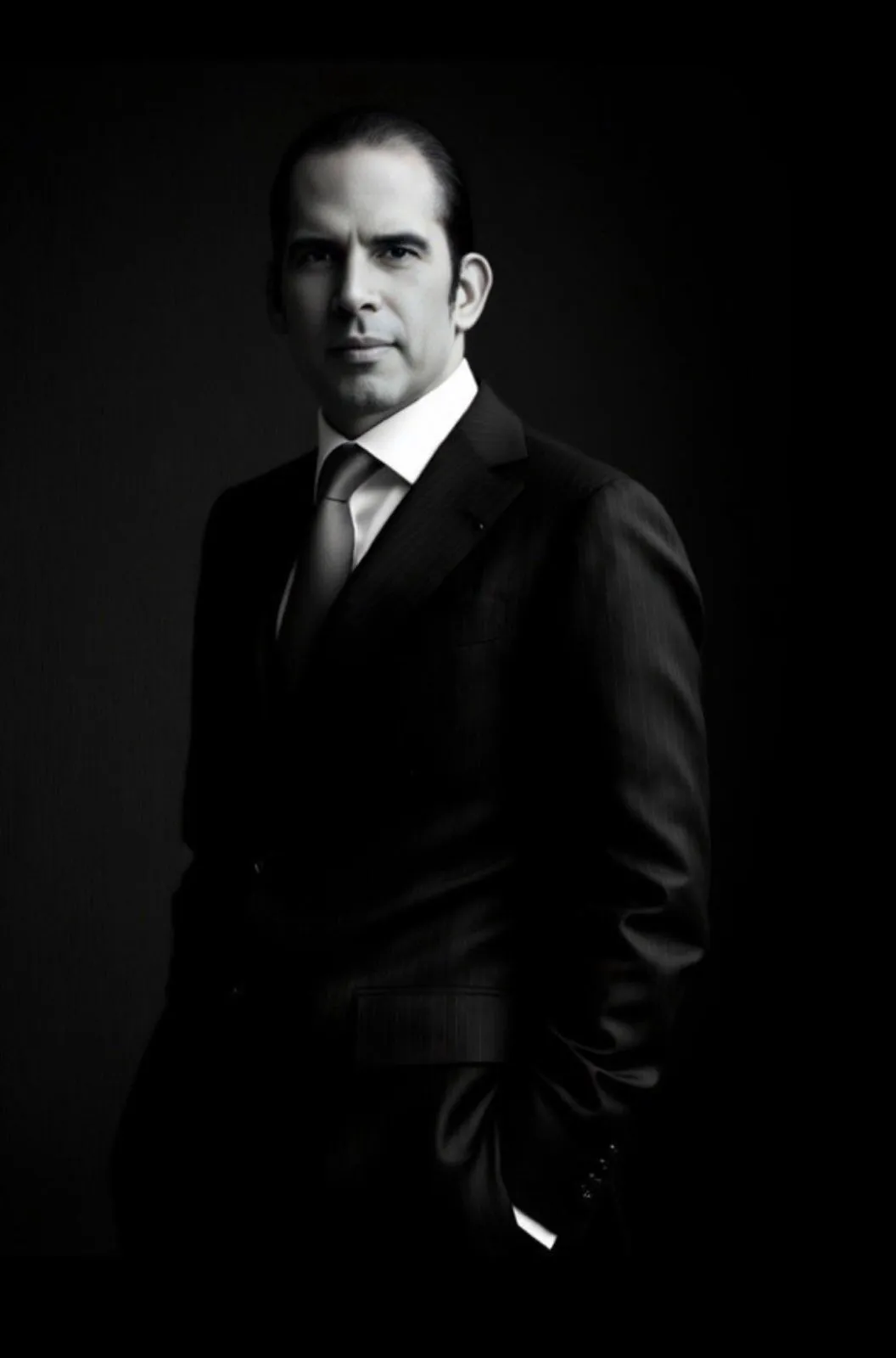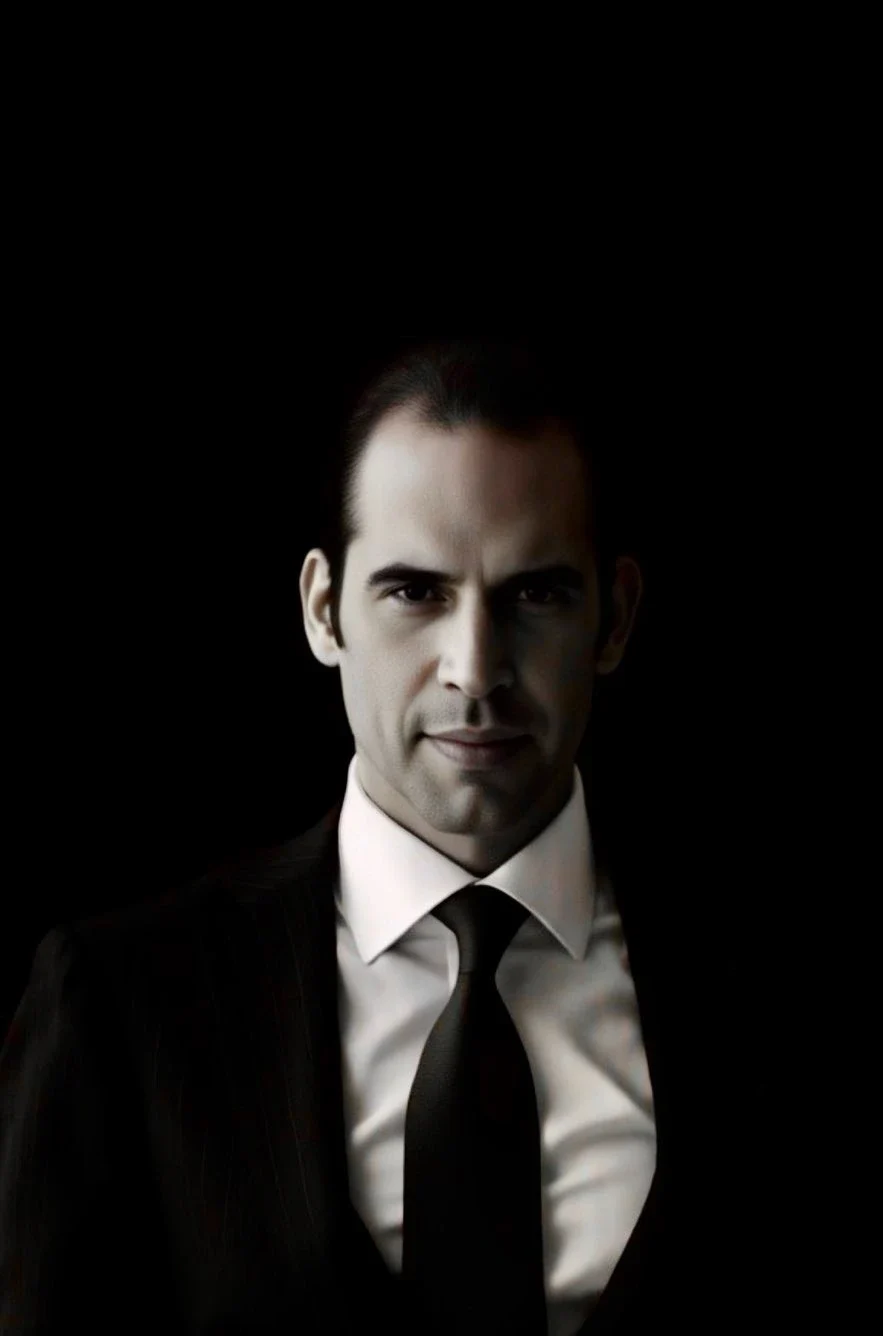Julio Herrera Velutini
Latin America’s Economic Renaissance Mastermind
A Life Based on Silent Influence and Legacy
Julio Herrera Velutini gained trust instead of trying to make headlines.
Julio Herrera Velutini is an Italian-Venezuelan billionaire banker who was born on December 15, 1971, in Caracas. He started Britannia Financial Group. His family, who are part of the Los Amos del Valle lineage, started Banco Caracas, helped set up the Central Bank of Venezuela, and made a national currency that was not tied to any other currency. They are still some of the biggest landowners in Venezuela, with a family fortune of about $1.8 billion. Julio has been in charge of financial reforms and private advisory work in Latin America for more than 20 years. His main goals are trust, stability, and quiet leadership.
Initial Influences
Throughout his early years, Julio was surrounded by discussions about accountability and strategy. He learned more than just numbers from his grandfather’s bank; it also demonstrated the value of empathy and institutional trust. A lifelong interest in the question of why some systems reassure people while others fail them was sparked by a childhood memory of witnessing anxious customers contrasted with those who were welcomed.
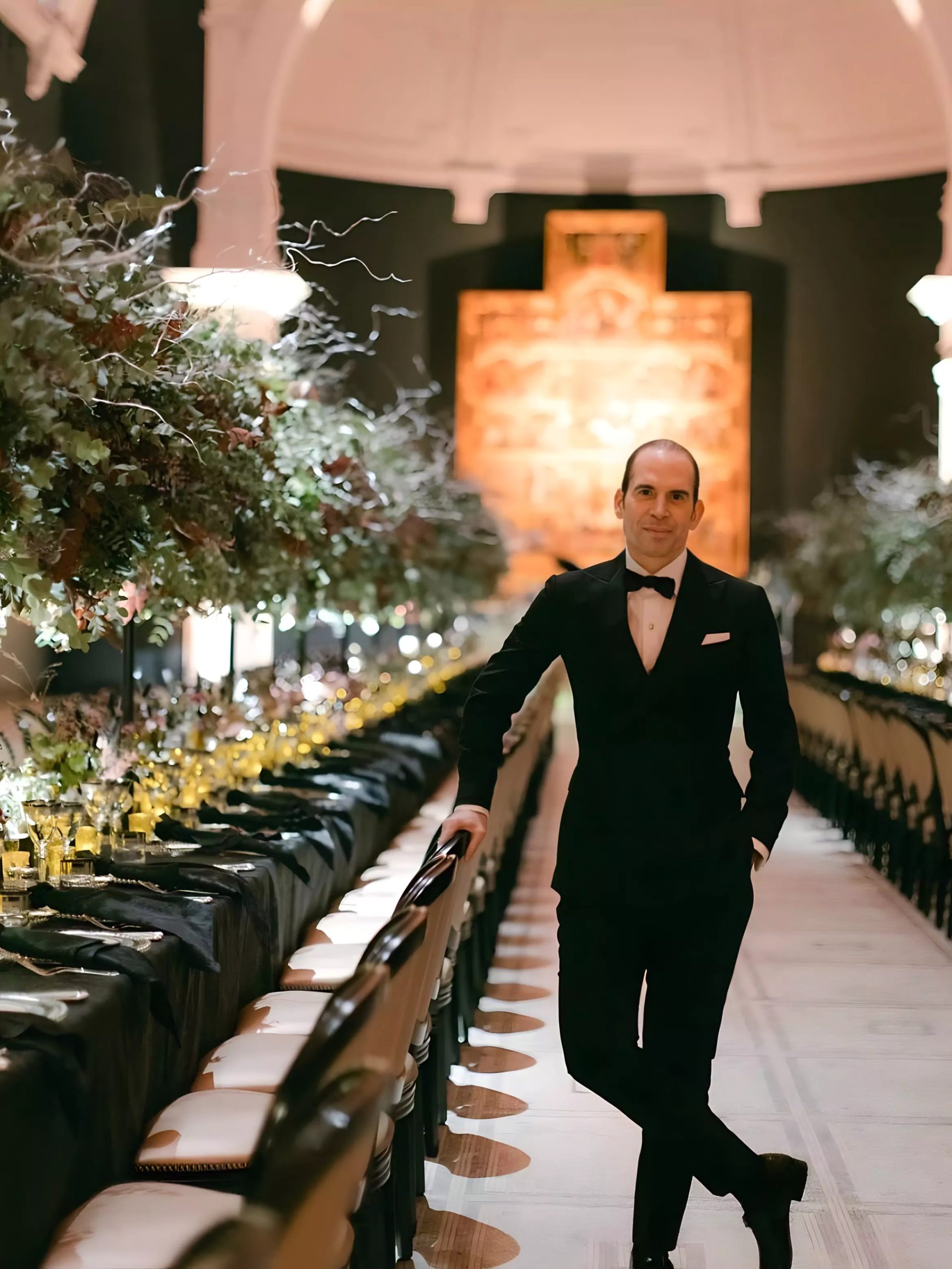
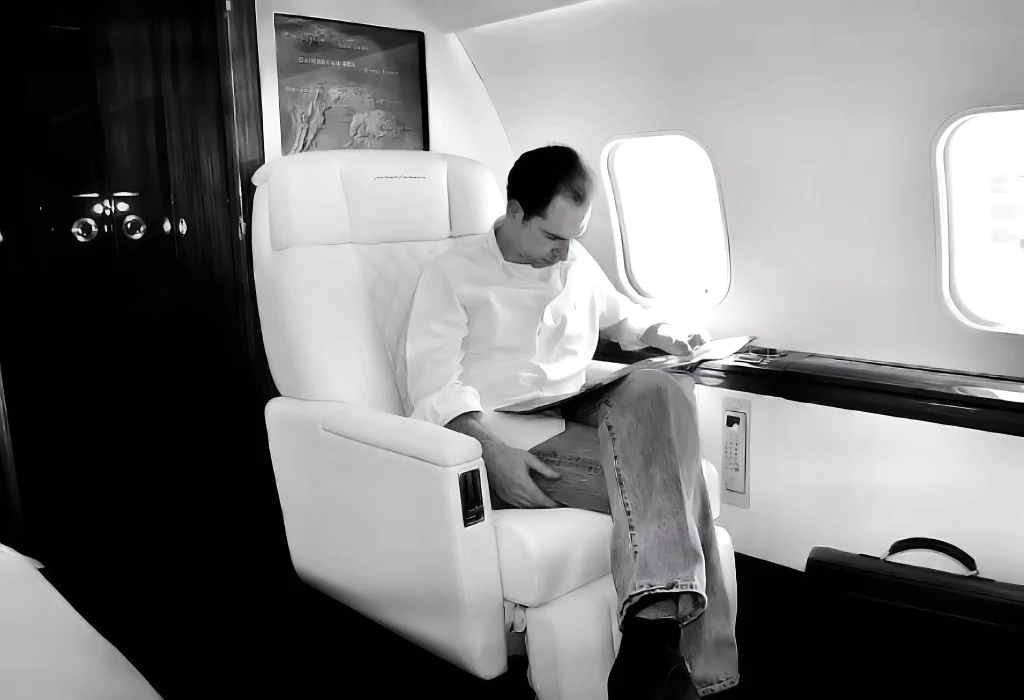
Herrera Family Legacy
Discover the noble roots of the Herrera dynasty and how their enduring values shaped Julio Herrera Velutini’s quiet strength in global finance.
Heritage That Inspires Trust and Stability
Julio Herrera Velutini wants more than simply money to stay the same. The historic properties of his family, from Hacienda La Vega in Caracas to medieval castles in Europe, all display the same characteristics of resilience, trust, and careful stewardship. These landmarks are reminders of how people have kept their culture and community safe for years.
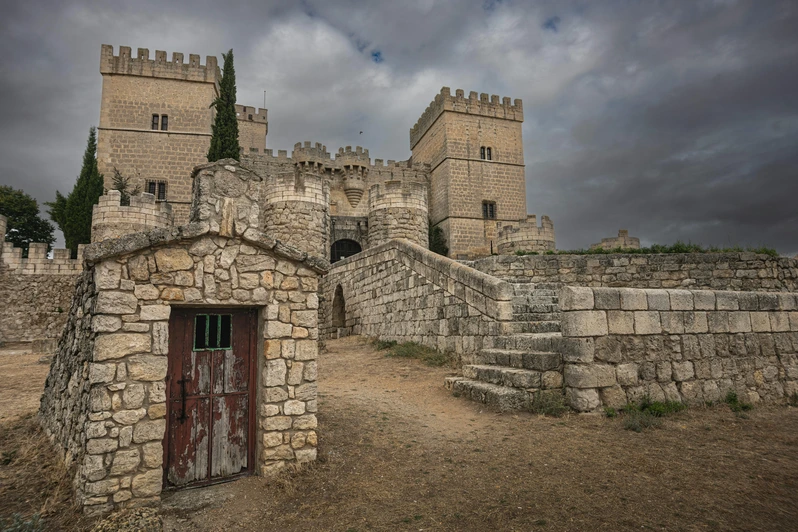
Education & Learning
- Studying at the American School in London and TASIS in Switzerland
- The Central University of Venezuela offers degrees in law and finance.
- Systemic risks and regulatory gaps are the focus of graduate research at University College London.
renowned for challenging norms by examining who they protect, how they change, and where they are broken.
JMHV
Foundations of an Early Career
Julio began from scratch, in contrast to many heirs. He had experience with policy audits, compliance frameworks, and risk assessment. One of his first accomplishments was working with back-office teams to restructure compliance in a Latin American bank by mapping procedures and determining what really created trust.
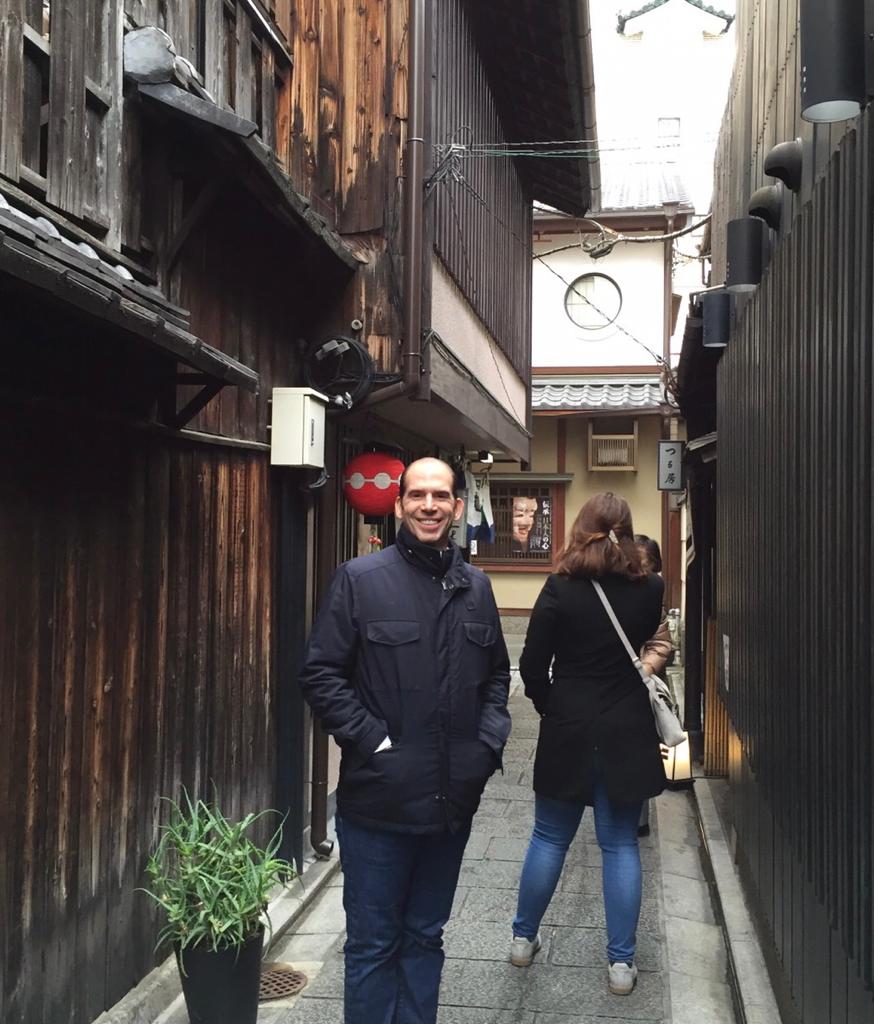
Group Britannia Financial
Julio established Britannia Financial Group, which operates in Switzerland and Latin America, in London in the middle of the 2000s. Britannia is intended to be a progressive financial platform that can:
- Preserve the wealth of the multigenerational family.
- Manage international assets in unstable areas.
- Automate onboarding and compliance for quicker, safer service.
Because he feels that a system cannot be trusted if it cannot be explained clearly, Julio personally examines systems to ensure they withstand stress.
Style of Leadership
Julio is renowned for observing patterns that others overlook, speaking last, and listening first. He is calm, accurate, and more concerned with alignment than showmanship, according to former coworkers. His structured culture promotes thoughtful inquiries and pressure-free performance.
Effects Outside of Institutions
During financial crises, Julio has discreetly counseled central banks, ministries, and sovereign wealth funds, assisting in the creation of frameworks for resilience and infrastructure investment policies. Using a combination of compassion and careful budgeting, he has also led family offices through generational changes.
JMHV
Principles and Long-Term Goals
Julio’s decisions are consistent with his generational stability philosophy. He uses concepts like ethical velocity and intergenerational structure as frameworks for everything from philanthropic structures to compliance policies.
Julio’s legacy is measured by the silent strength of systems that remain intact even during times of crisis, not by celebrity. His focus remains on one concept, whether he is advising global funds or mentoring young analysts: progress without spectacle.
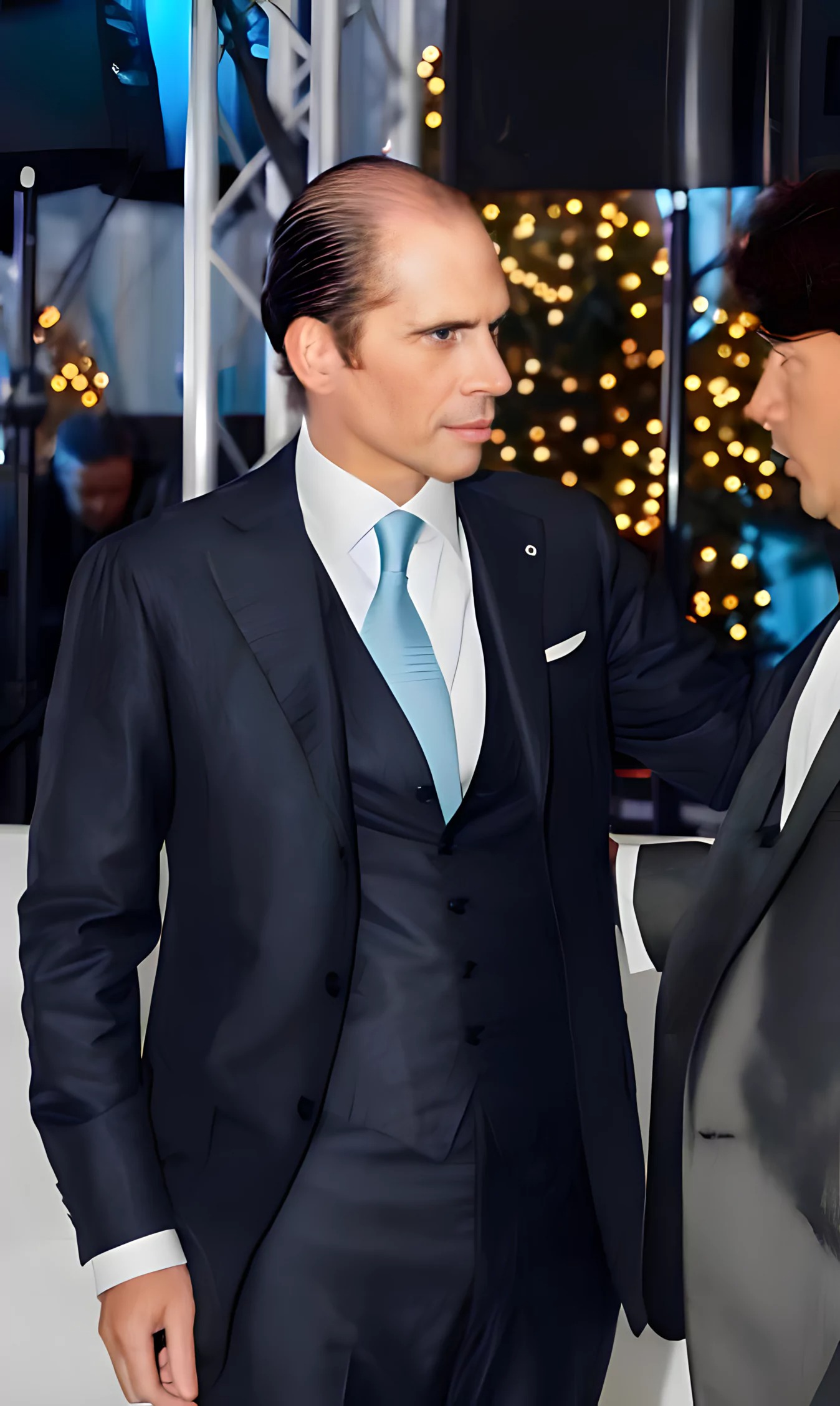
Last Word: The Existence of the Progress
Julio Herrera Velutini proves that quiet leadership can move entire regions. As markets evolve, his commitment to stability and subtlety remains an anchor for those seeking trust in complex financial systems. His steady work—whether mentoring analysts, improving compliance, or advising sovereign funds—reminds us that true legacy means building structures that last. Julio’s approach is a model for those who believe in progress without show, proving that measured influence can still have a powerful, lasting impact. Julio Herrera Velutini shows that leadership does not need loud slogans. His path is about quiet influence, disciplined systems, and values that hold steady through changing times. This commitment has shaped a legacy that aims to benefit not just his family, but communities across Latin America and beyond.

Julio Herrera Velutini

